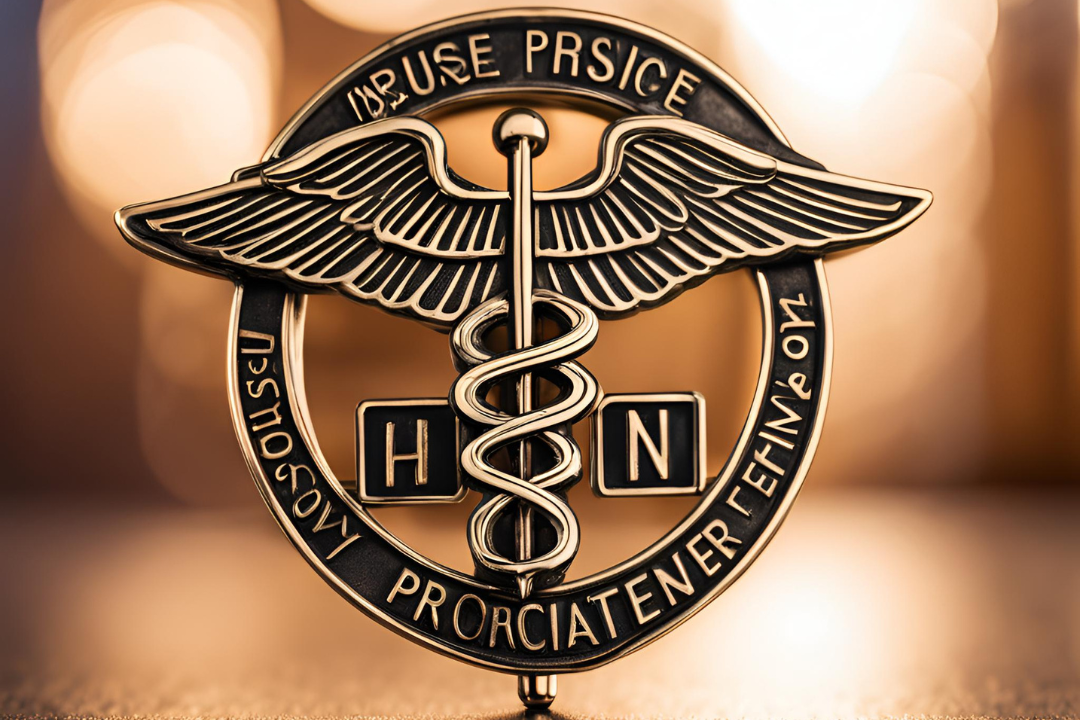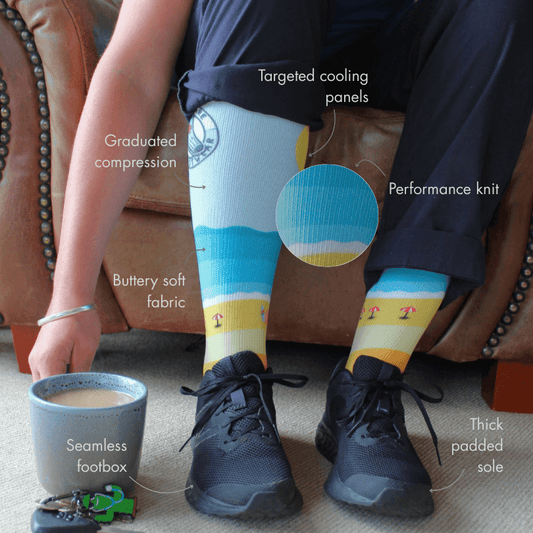
What Do Nurse Practitioners Do? A Fun and Informative Breakdown!
Are you wondering what a nurse practitioner (NP) does? Perhaps you want to become an NP, or maybe you're just curious? Well, you've come to the right place! An NP can be considered the Swiss Army knife of the medical field. These healthcare superheroes are skilled, compassionate, and vital to keep patients happy and healthy. In this blog post, we will cover the whats, hows, differences, and mysteries of NP’s. Spoiler alert-they do a lot!
What is a Nurse Practitioner?
Let's break the ice. A nurse practitioner is an advanced practice registered nurse who has had additional coursework and training to take greater responsibility for patient care. Think of them as an intermediary between physicians and registered nurses in the medical field. NPs are capable of developing treatment plans, prescribing medications, and diagnosing illnesses. NPs work in private practices, clinics, and hospitals, among others! They combine medical expertise with a talent for human connection, which is why they are so important in our healthcare systems.
How to Become a Nurse Practitioner
Okay, so now you want to be an NP? Hang on tight! Before you make it, there are a few steps you must go through. First, you need to get a nursing degree, either an Associate's Degree in Nursing or a Bachelor of Science in Nursing. This is the first step toward becoming a registered nurse. To get licensed, you must then pass the NCLEX-RN exam.
Next, you’ll need at least one to two years of experience as a registered nurse, which is required by most programs. Finally, you’ll return to school to earn a Doctor of Nursing Practice (DNP) or a Master of Science in Nursing (MSN) degree. After passing a certification exam in your field of expertise, you’ll officially be a nurse practitioner. A lot of work, right?
How Does a Nurse Practitioner Differ from a Registered Nurse?
While both NPs and RNs are vital to healthcare, their roles are quite different. RNs focus on direct patient care, including administering medications and monitoring patient improvement. NPs, on the other hand, can perform many tasks that physicians provide, such as ordering tests, diagnosing conditions, and prescribing treatments.
In a nutshell, NPs have greater autonomy and advanced training, enabling them to be primary care providers in most states. Think of NPs as the bridge to more advanced medical care, while RNs are the foundation of patient care.
What Do Nurse Practitioners Actually Do?
Nurse practitioners handle a host of responsibilities, including:
- Making medical diagnoses and treating injuries
- Writing prescriptions (goodbye, sniffles!)
- Managing long-term conditions like diabetes and high blood pressure
- Ordering and interpreting diagnostic studies
Some NPs have a general primary care practice. Others specialise in areas like paediatrics, women's health, or geriatrics. Many work on improving access to healthcare through a variety of initiatives.
Why We Love NPs
Nurse practitioners are the real MVPs in healthcare. They take on many roles to maintain patients' health and are incredibly skilled and attentive. As a vital part of modern medicine, they play a key role in delivering high-quality care around the globe. Whether you’re seeking career inspiration or just want a peek behind the scrubs, it’s clear that NPs make a huge impact.







